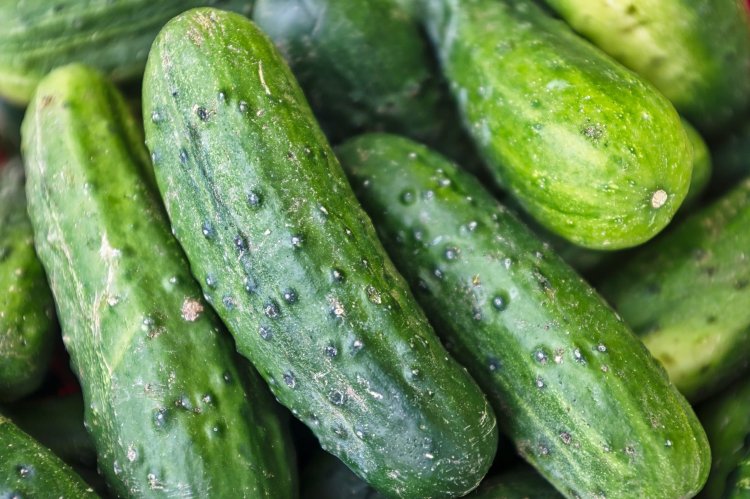Cucumbers: Nutrition Facts & Health Benefits

Cucumber (Cucumis sativus) is a plant that is related to pumpkin, zucchini, melon, and watermelon.
It is classified as a fruit, similar to tomatoes, in technical terms, but it is often referred to as a vegetable, therefore we shall use that name.
Cucumber was initially cultivated 4,000 years ago in India.
It subsequently expanded east to China and west to Babylon, Greece, Rome, and America.
Unlike other vegetables, the properties of cucumber until recently did not have the attention they deserved.
This is changing more and more over time because it is a plant that provides a unique combination of medicinal ingredients.
Thanks to phytonutrients, cucumber has unique antioxidant, anti-inflammatory and anti-cancer properties.
Cucumber includes three groups of phytonutrients:
flavonoide (apigenin, luteolin, kvercetin, kempferol)
lignane (pinorezinol, laricirezinol, sekoizolaricirezinol)
triterpenes (cucurbitacin A, B, C and D)
Cucumber phytonutrients are important for the antioxidant and anti-inflammatory effects of this amazing vegetable.
They benefit your health when combined with other antioxidants found in cucumbers, such as vitamin C, beta-carotene, and manganese.
Cucumber includes lignans such as lariciresinol, pinoresinol, and secoisolaricyresinol, which are plant polyphenols. These three lignans are being studied for their potential use in the treatment of cardiovascular disorders and malignancies such as breast, uterine, ovarian, and prostate cancers.
They help heart health
Cucumbers provide 152 milligrams of potassium per cup, which helps to decrease blood pressure.
A higher intake of this mineral lowers the risk of heart attack and other cardiovascular illnesses dramatically
According to studies, just around 2% of individuals get the necessary daily potassium dosage of 4,700 mg.
Cucumbers are an excellent approach to enhance your body's intake of this mineral.
They have anti-inflammatory effects
Fresh cucumber extracts possess anti-inflammatory properties.
Cucumbers alleviate inflammatory processes in the body by suppressing the action of inflammatory enzymes such as cyclooxygenase 2.
Relieve pain
Cucumbers include anti-inflammatory substances called flavonoids and tannins, which help to prevent free radicals from forming and reduce pain.
Cucumber has long been used to relieve headaches, according to research.
Hydrate inside and out
Cucumbers are 95.2 percent water, which indicates that 141 g of cucumbers may hold up to 132 ml of water.
This is equivalent to one-fifth of your daily water consumption from meals.
Cucumbers are utilized in skin treatment for a very good reason.
They have shown to be a good anti-wrinkle agent in cosmetic products, moisturizing and preventing the skin from aging.
Prevent neurological diseases
Cucumbers, strawberries, and grapes all contain the anti-inflammatory chemical fisetin.
It is beneficial to brain health because it slows the aging of the ganglia and helps Alzheimer's sufferers maintain cognitive capabilities.




























